The function of the FTC is to promote competition, and challenges anticompetitive business practices and mergers, to make sure that consumers have access to quality goods and services, and businesses can compete on the merits. The FTC does not decide who wins and who loses in the marketplace – consumers do that (from FTC.gov)
Let’s now look at Jet Blue and Spirit airlines that want to merge. If you look at the four largest domestic airline in the US, American, Delta, Southwest and United, they control about 70-75% of the market. Jet Blue’s market share is about 5.3% and Spirit 4.9%, and some analysts have questions as to whether Spirit will eventually go into bankruptcy.
According to JetBlue’s merger plans, the airline will leverage the infrastructure, employees and management of Spirit to schedule 1,700 more flights to 125 cities in 30 countries. This benefits consumers with more choices. JetBlue’s market niche has always been to compete in crowded markets by offering discount prices. An MIT study found that when JetBlue enters a market, it decreases fares by an average of $32.
Robin Hayes, the CEO of JetBlue recently stated, “You either accept a world where you have four large airlines who will call the shots with about 20% of the market each, and the rest of us have 20% between us. Or you can create a true low-fair, high-quality national challenger to take on these guys.”
I believe that allowing the merger of these two airlines will actually benefit the consumer and lower prices
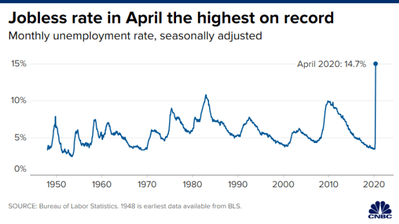
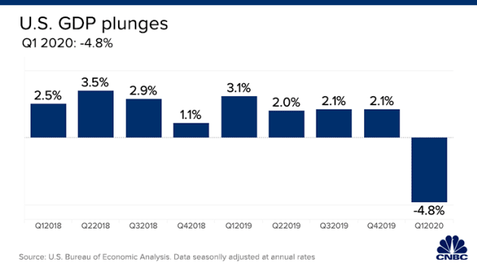
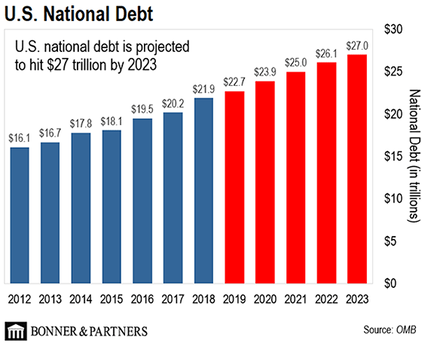
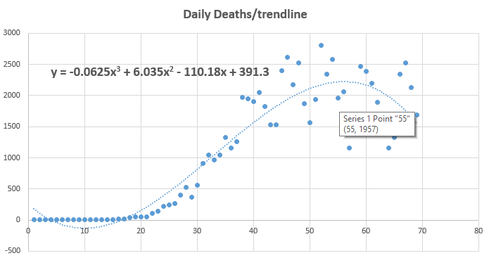
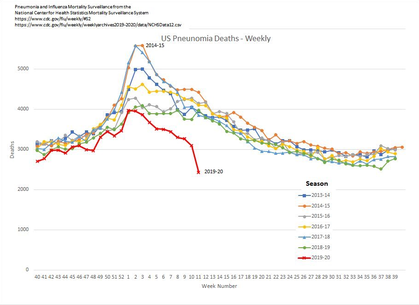
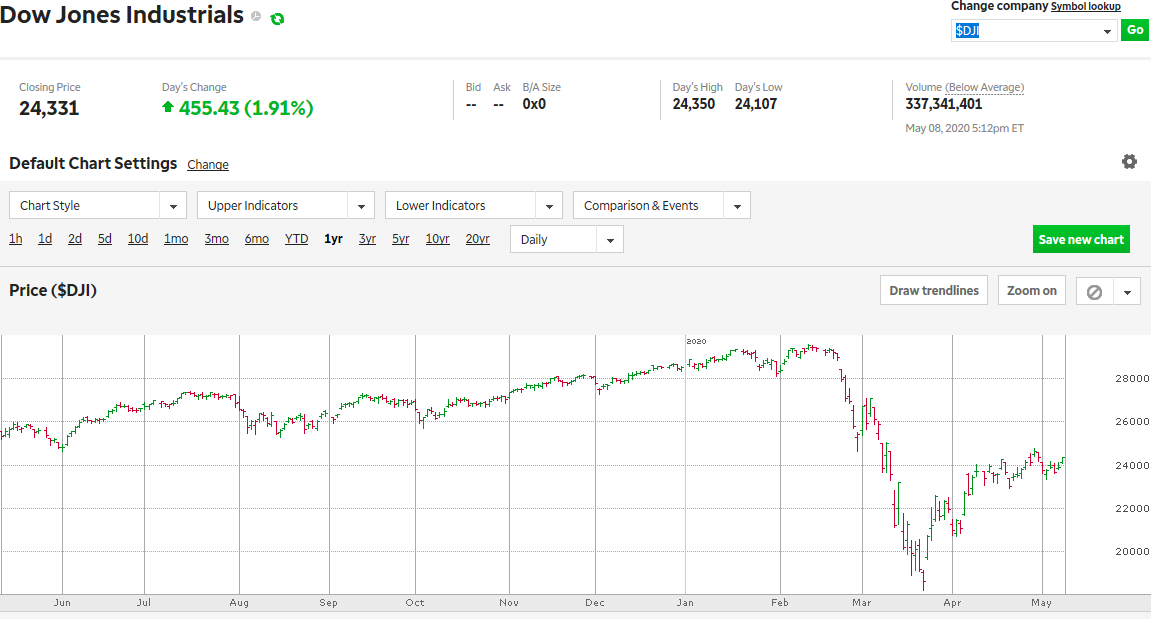
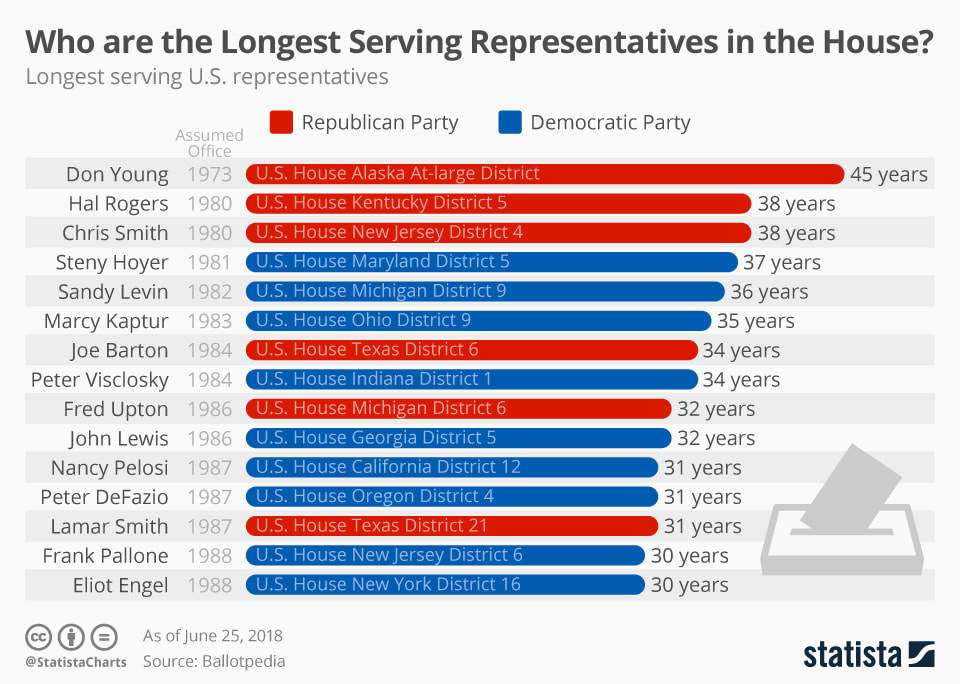
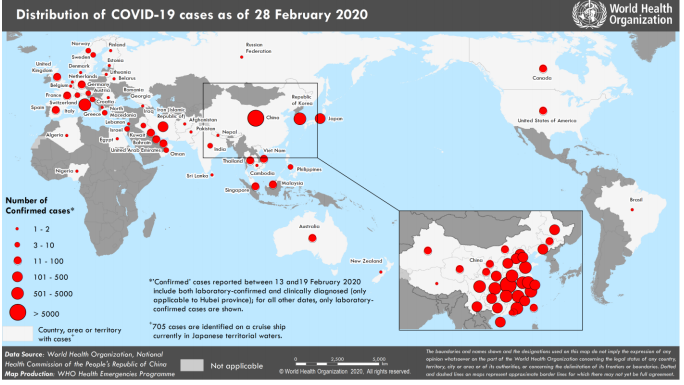
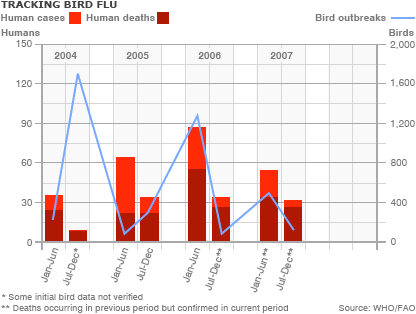
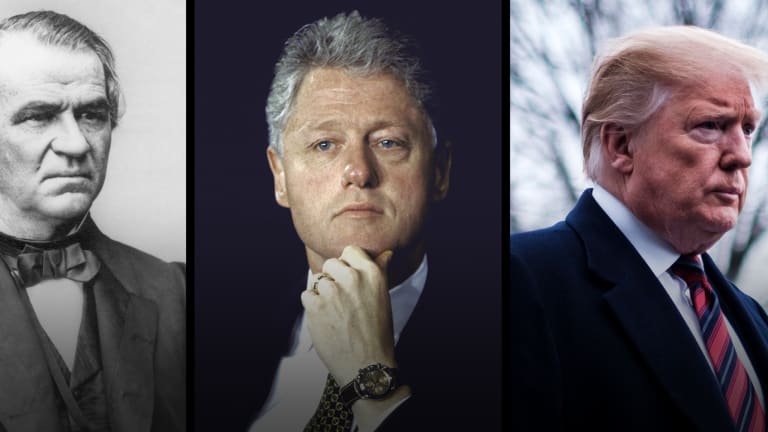
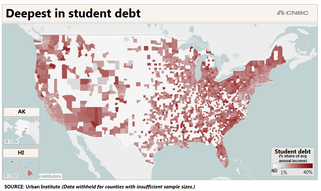
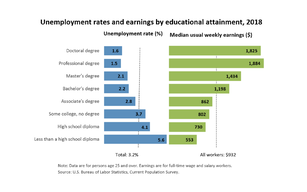
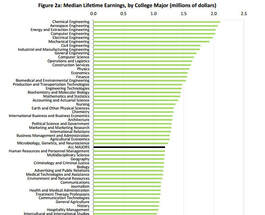
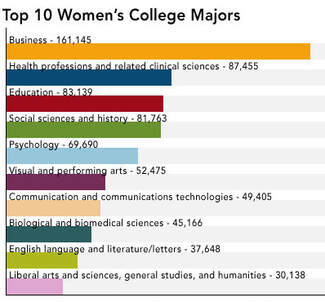
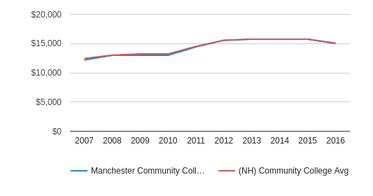
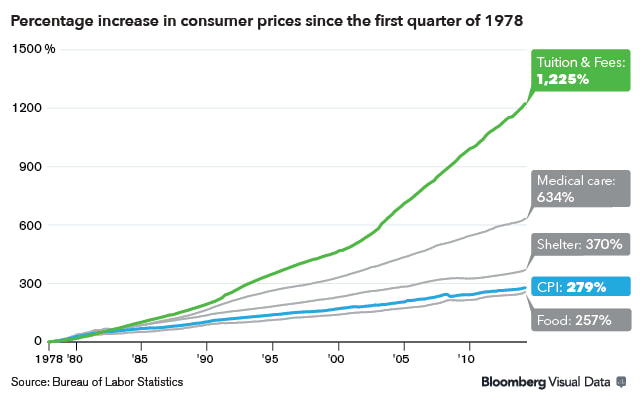
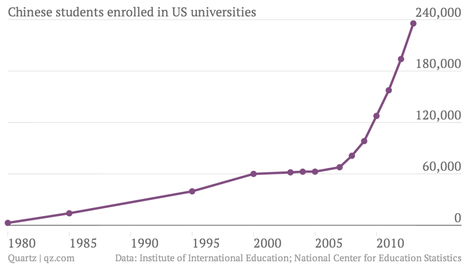
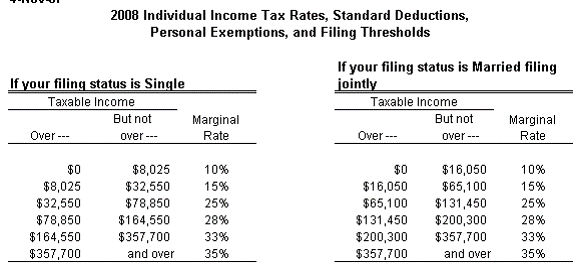
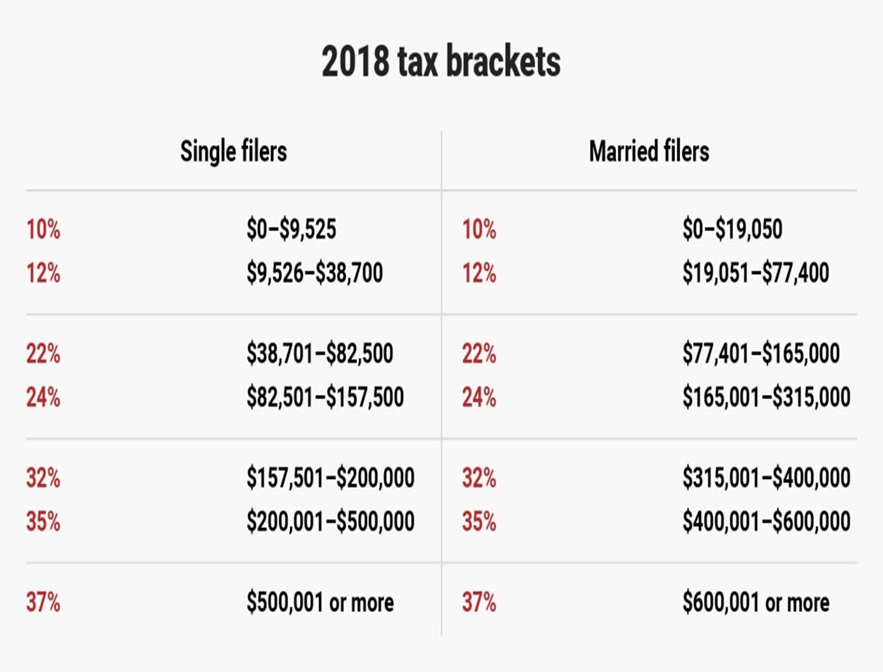
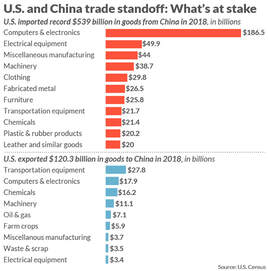
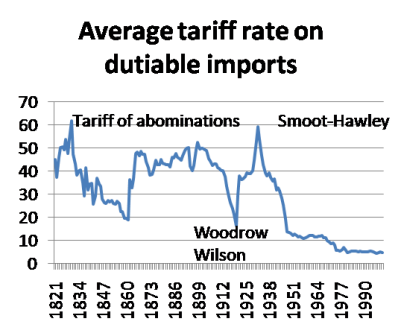
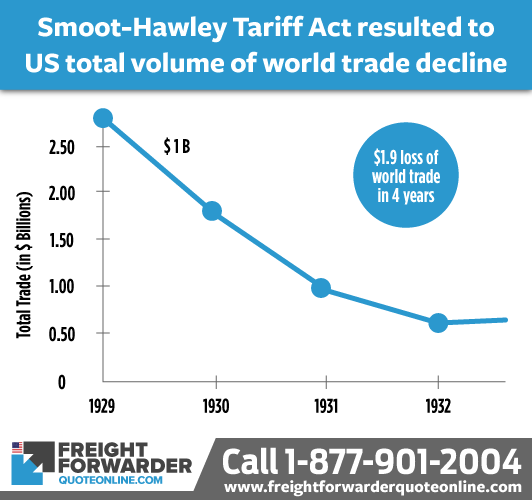
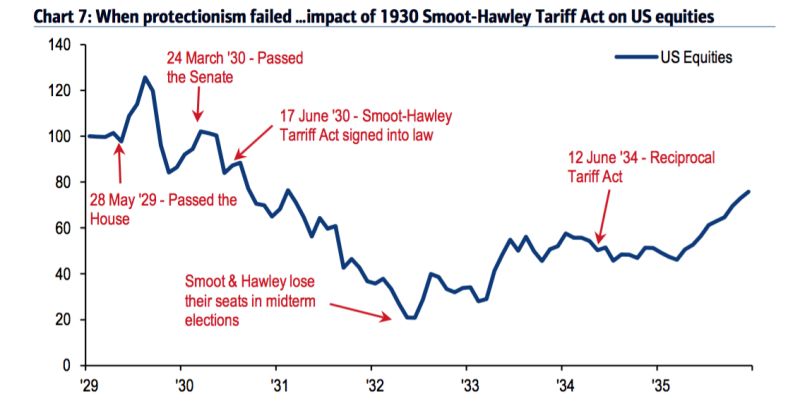
 RSS Feed
RSS Feed
